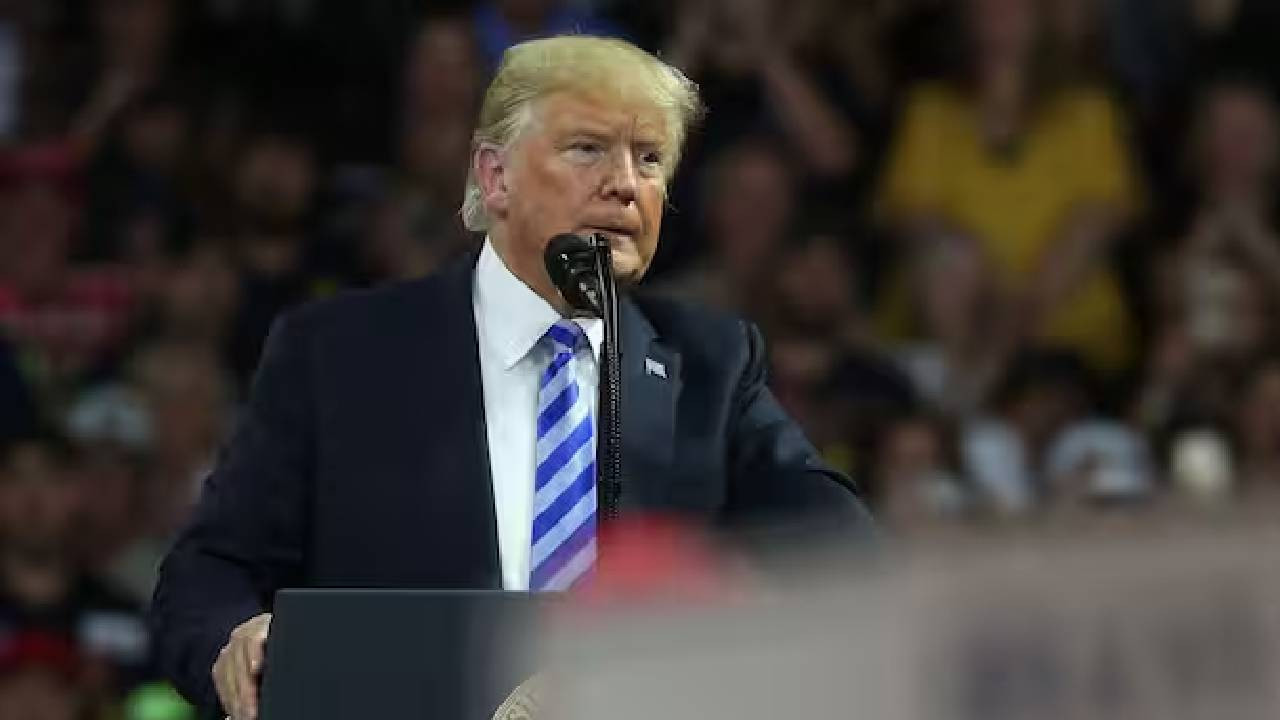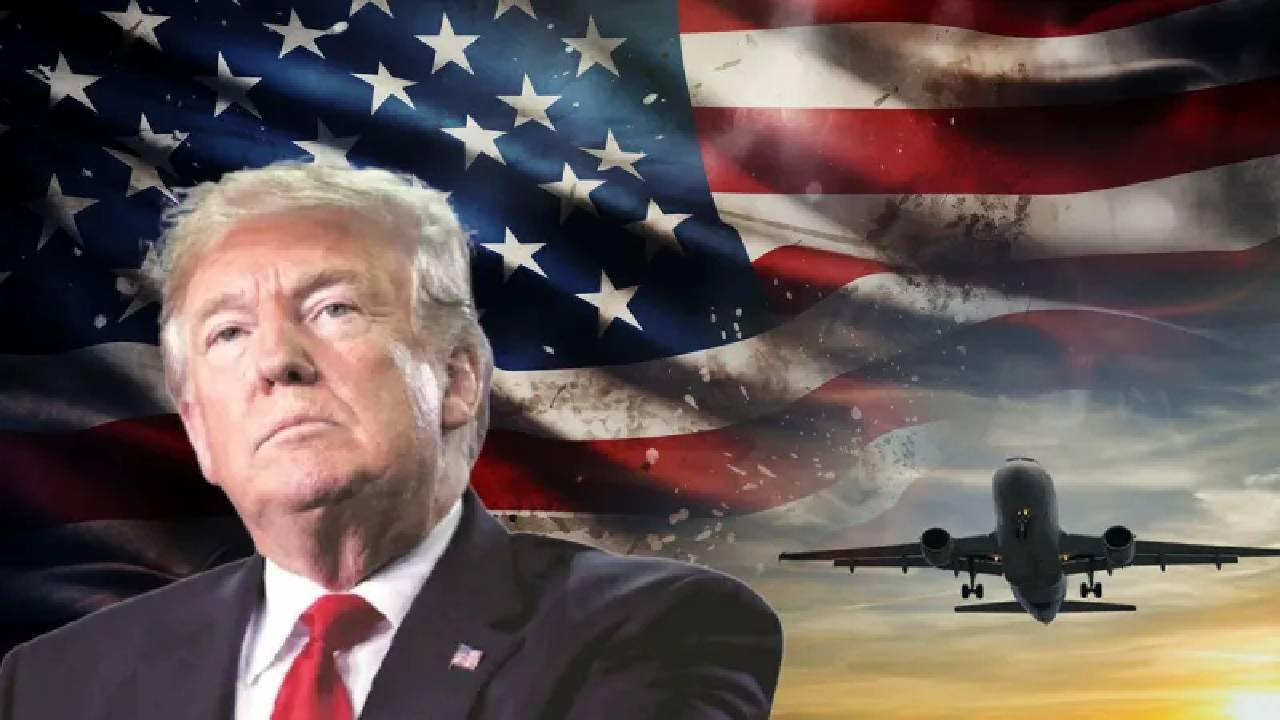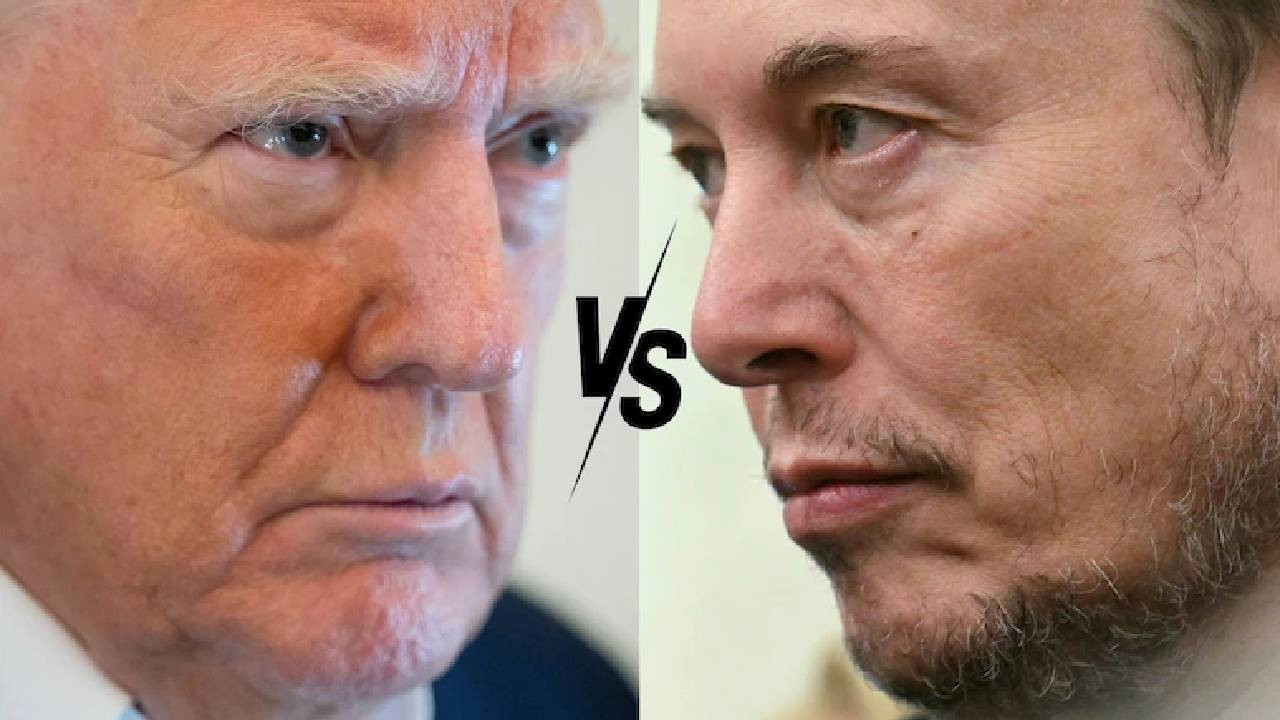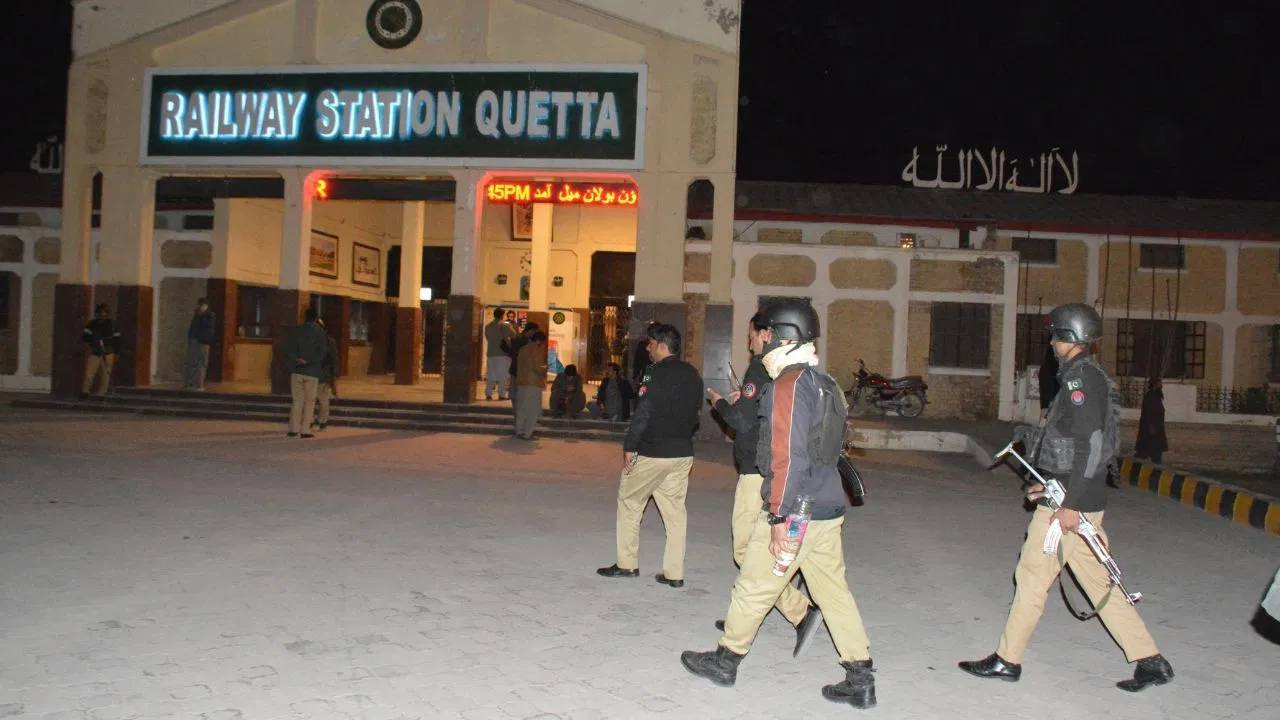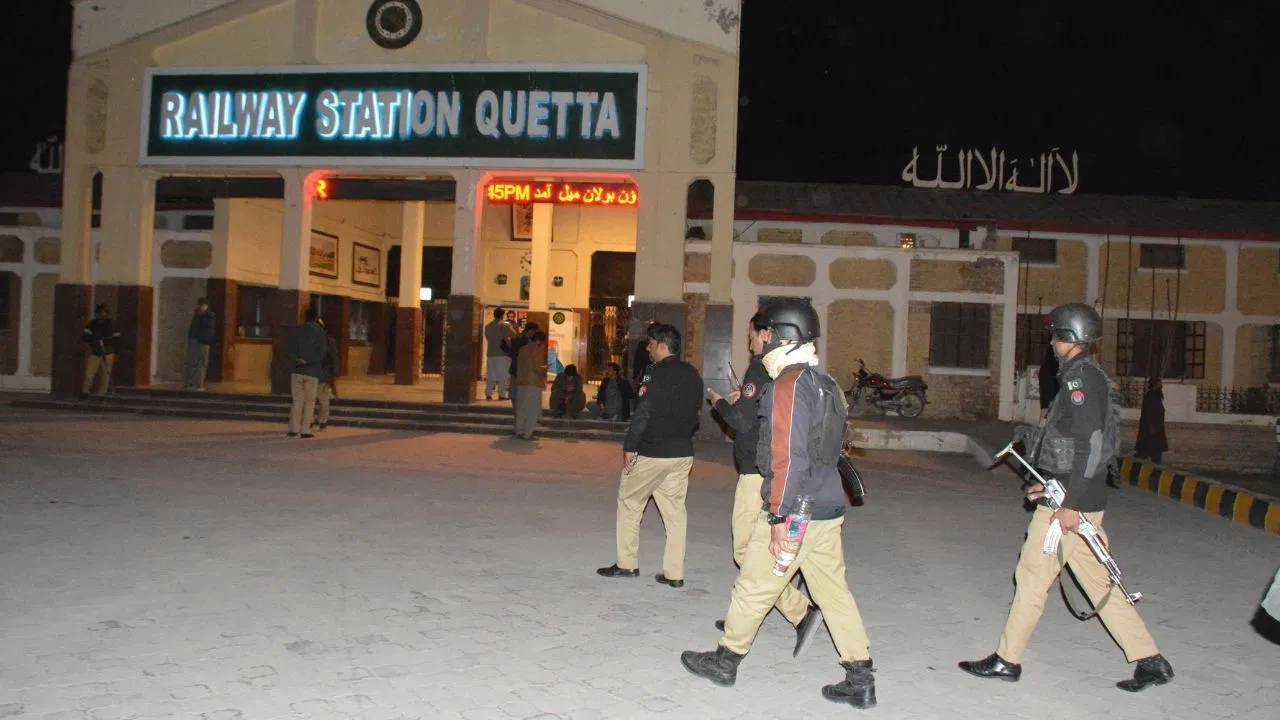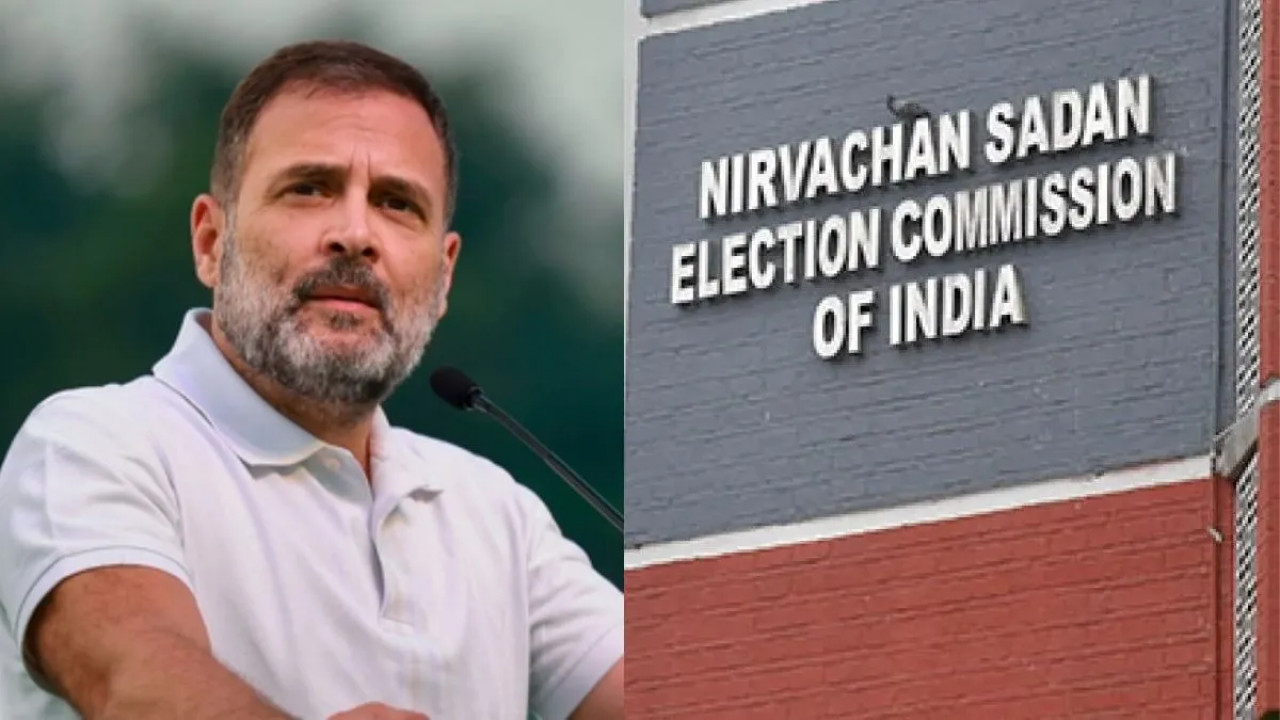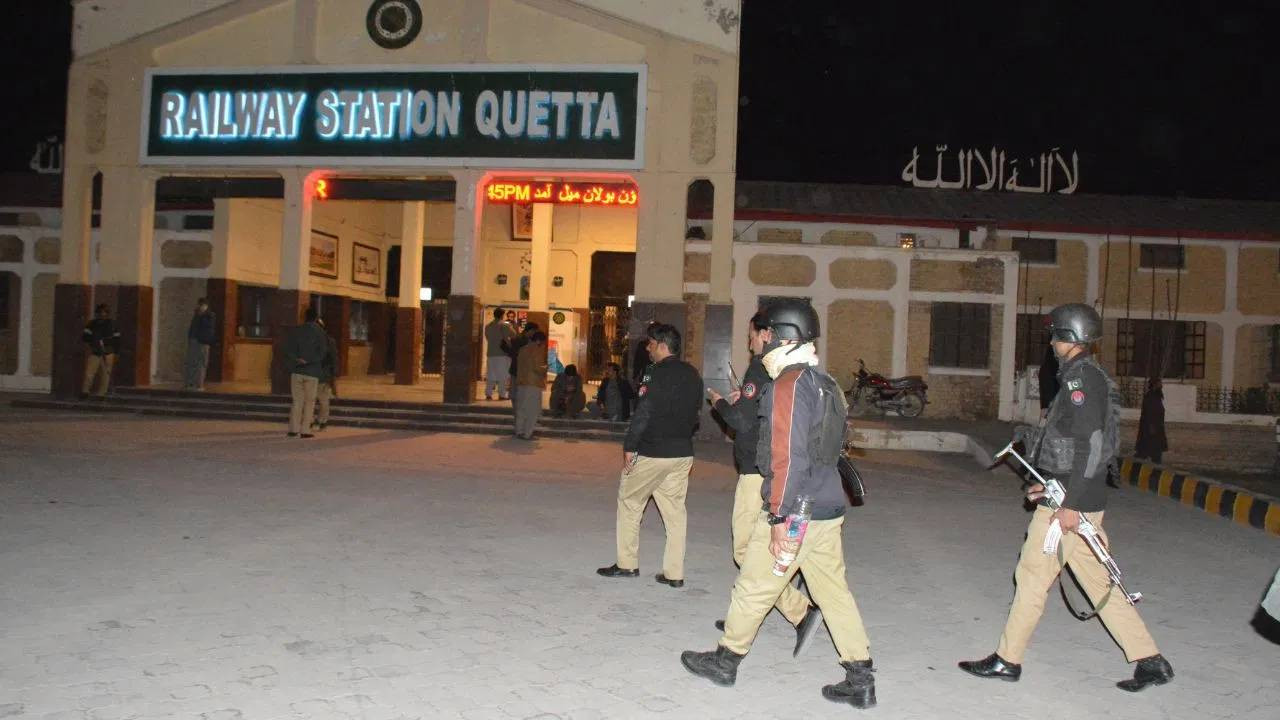International News: US President Donald Trump reiterated his claim that his administration prevented a potential nuclear war between India and Pakistan by leveraging trade threats to secure a ceasefire on May 10, 2025. Speaking alongside Tesla CEO Elon Musk in the Oval Office. Trump stated that he told both nations, “If you stop it, we’ll do trade. If you don’t, we’re not going to do any trade,” crediting this approach for halting hostilities following India’s Operation Sindoor, a retaliatory strike against terror camps after the April 22 Pahalgam attack. India, however, firmly rejected Trump’s narrative, with External Affairs Minister S. Jaishankar asserting that the ceasefire was a bilateral agreement between the Directors General of Military Operations. The controversy, amplified by X posts like @ANI
, has fueled debates about US influence in South Asia, with India emphasizing its stance against third-party mediation and Trump’s claims stirring diplomatic tensions.
Trump’s Trade Diplomacy Narrative
Trump’s remarks, first made on May 12, 2025, at the White House, emphasized trade as a diplomatic tool, claiming it averted a “bad nuclear war” that could have killed millions. He repeated this at Joint Base Andrews on May 31, suggesting that promises of trade deals with India and Pakistan, coupled with threats to halt commerce, prompted the ceasefire. The US Commerce Secretary’s affidavit in a May 23 court filing, cited by The Wire, supported this, arguing that Trump’s trade leverage under the International Emergency Economic Powers Act was pivotal. However, India’s External Affairs Ministry spokesperson Randhir Jaiswal, on May 13, clarified that trade was not discussed in talks with US officials, including Vice President JD Vance and Secretary of State Marco Rubio. Pakistan’s Foreign Minister also denied nuclear risks, per Reuters, undermining Trump’s narrative.
India’s Rebuttal and Regional Context
India’s rejection of Trump’s mediation claim underscores its long-standing policy against external interference in bilateral issues with Pakistan. The ceasefire, following intense clashes after Operation Sindoor’s May 6-7 strikes, was negotiated directly, with Pakistan’s DGMO requesting de-escalation after its Operation Bunyan al-Marsoos collapsed, per News18. The Pahalgam attack, killing 26 civilians, had escalated tensions, with India’s strikes targeting terror infrastructure in PoK and Pakistan, causing over 160 casualties.


